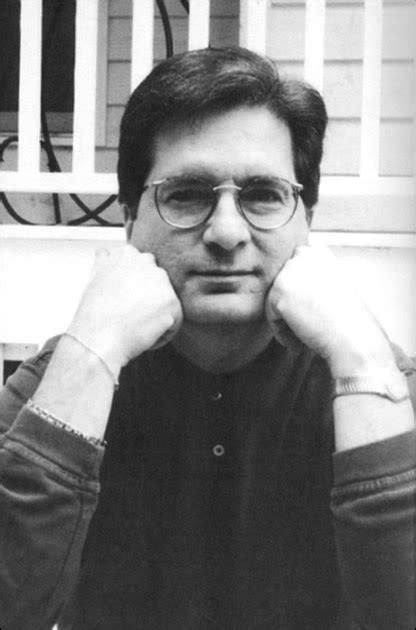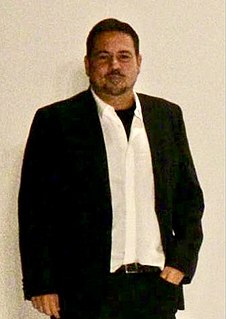A Quote by Julia Quinn
Certainly not every reader has liked every one of my books, but I think that's a good thing because it means I'm not repeating myself.
Related Quotes
The book is finished by the reader. A good novel should invite the reader in and let the reader participate in the creative experience and bring their own life experiences to it, interpret with their own individual life experiences. Every reader gets something different from a book and every reader, in a sense, completes it in a different way.
With the audience I write for, I want to make sure that the reader is eagerly turning every page. I want each of my books to be an absorbing reading experience, an authentic piece of literature. The worst thing that can happen is for a book to have a chilling effect on the reader, to have a kid pick it up and look at a bunch of footnotes and think, No, I'm not going to read this, it's too intimidating.
I literally think that if you're in this business, it has to be the only thing you can and want to do, because it's so hard. You have to be fully committed - and partially insane - to wake up every morning and be like, "I'm an actor." I have it in my blood. It's in every pore of my body. There's always something awesome about every project, even with the worst ones. I try to remind myself every time I think about complaining that there are way worse jobs than mine.
Tis the good reader that makes the good book; in every book he finds passages which seem confidences or asides hidden from all else and unmistakenly meant for his ear; the profit of books is according to the sensibility of the reader; the profoundest thought or passion sleeps as in a mine, until it is discovered by an equal mind and heart.
It's certainly anyone's prerogative to say, 'I liked something more when it was this' or blah blah. But there's a kind of laziness as a consumer of entertainment, I think, to wish that something was repeating itself and doing the same thing. But to each their own, and I do it all the time. I've dropped television shows as a viewer.
I firstly don't think of myself as an activist, I never have. I always say that, I think this word "activist" is relatively recent one. I don't remember when people started being called that or what it means. It reduces both writers and activists, it makes it seem as though a writer's job is to just keep people entertained with best-selling books and the activist's job to keep on repeating the same thing without a great deal of subtlety and intelligence. I don't think either is the case.
With a 660-page book, you don't read every sentence aloud. I am terrified for the poor guy doing the audio book. But I do because I think we hear them aloud even if it's not an audio book. The other goofy thing I do is I examine the shape of the words but not the words themselves. Then I ask myself, "Does it look like what it is?" If it's a sequence where I want to grab the reader and not let the reader go then it needs to look dense. But at times I want the reader to focus on a certain word or a certain image and pause there.


































